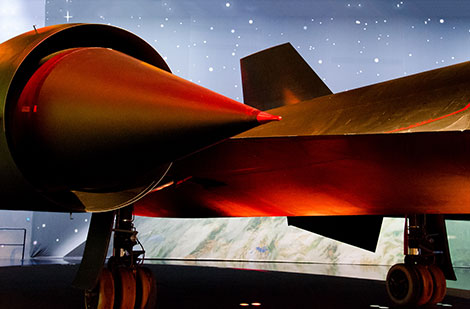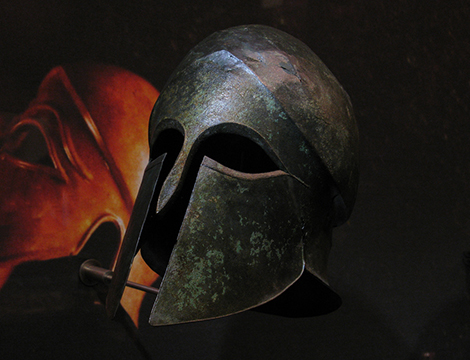
This article was originally published by Carnegie Europe on 16 December 2016.
Explaining EU defense policy is not easy. But poor communication by the Brussels-based institutions plays into the hands of Euroskeptics and can damage public trust in union policies. In particular, there is no more misleading or damaging phrase than “European army.”
Federalist politicians, like European Commission President Jean-Claude Juncker, often declare their support for this idea. But like Vladimir and Estragon in Samuel Beckett’s Waiting for Godot, they will wait for an eternity before an EU army becomes a reality.
There can be no European army without a European state. And a federal superstate is not in the cards. Those who propose a Euro-army may think that they are furthering their federalist fantasies, but it is not a credible solution to today’s security challenges. If anything, it is easily perceived as either an evil plot or a useless distraction—or both.




